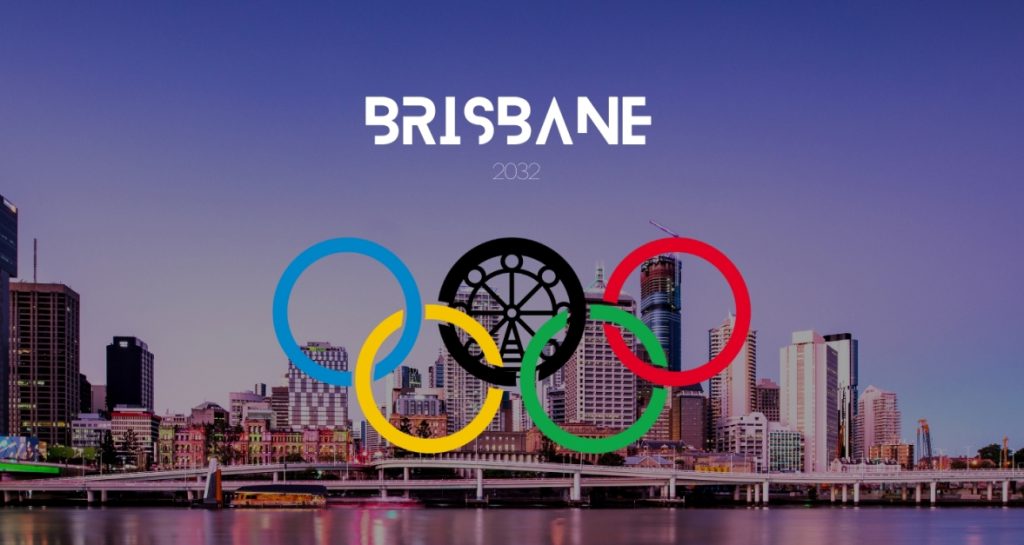
The Brisbane 2032 Olympics may be seven years away, but for many Australian businesses, it’s already front of mind. Every employer we’ve spoken to recently who’s reached out to us is talking about it, not just the event itself, but the workforce challenges that come with it.
And the media is echoing those concerns. Local coverage in Brisbane has been filled with headlines about the impending skills shortage. It’s no surprise: Infrastructure Australia forecasts a shortfall of more than 200,000 skilled workers by mid-2025, with major public and private projects already underway in the lead-up to the Games.
From construction and civil engineering to manufacturing, logistics, and hospitality, the demand for skilled workers is only going to accelerate.
What should employers be doing now?
Here’s how to get ahead:
1. Forecast your workforce needs early
Start mapping out the skill sets you’ll need over the next 3–5 years. Look at project timelines and expansion plans, and identify roles that are already proving hard to fill.
2. Tap into global talent
Domestic supply will struggle to meet demand. International recruitment offers a vital solution, but it takes time. Between visa processing, sponsorship approvals, and relocation, the lead time can be months. Starting early means you’ll be ready when others are scrambling.
3. Understand your sponsorship obligations
If you’re looking to employ skilled workers from overseas, you’ll need to become a Standard Business Sponsor (SBS) through the Department of Home Affairs. This is required for sponsoring workers on Temporary Skill Shortage (TSS) visas (subclass 482) one of the most common pathways for skilled migration. The process includes demonstrating a genuine need for the role and meeting labour market testing requirements. Getting your sponsorship in place now gives you a competitive advantage later.
4. Build a pipeline, not just a shortlist
The employers who win in this space will be the ones who treat workforce planning like a long game. Start building a talent pipeline, not just filling current vacancies.
5. Partner with specialists
Working with experts in international recruitment, migration, and relocation can remove the complexity and help you stay compliant while securing the people you need.
The bottom line? The Olympics are creating momentum and competition for skills on the ground. If you’re not planning for the skills you’ll need by 2032, chances are your competitors already are.
We’ve been helping Australian businesses build skilled international teams for over 25 years. If you’d like to chat about hiring or retaining the people you need, get in touch for a no obligation chat and we’ll help you get underway.

